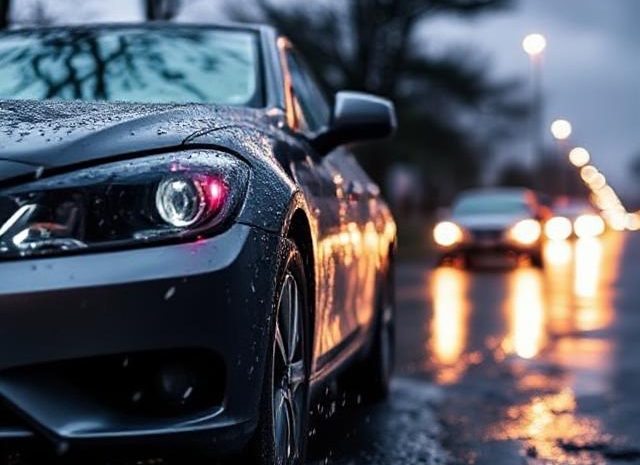
Does Auto Insurance Cover Weather-Related Damages?
Yes, auto insurance can cover weather-related damages, but it depends on the type of coverage you have. Here’s a breakdown of how different types of auto insurance can cover weather-related damage:
1. Comprehensive Coverage
Comprehensive insurance is the key coverage that protects you against weather-related damage. This type of insurance covers your car for damage caused by non-collision events, including various types of severe weather.
What weather-related damages does comprehensive coverage cover?
- Hail Damage: If your vehicle is damaged by hail, comprehensive coverage will typically pay for the repair costs.
- Flooding: If your car is damaged by flooding or heavy rain, comprehensive coverage can help pay for repairs or replace your car if it’s deemed a total loss.
- Windstorm Damage: If strong winds cause damage to your vehicle (e.g., falling tree branches or debris), comprehensive insurance will cover the cost of repairs.
- Tornadoes or Hurricanes: Damage caused by tornadoes or hurricanes, such as wind, flying debris, and flooding, is typically covered under comprehensive coverage.
- Lightning Strikes: If a lightning strike damages your vehicle, comprehensive coverage will usually cover repairs or replacement.
- Snow/ Ice Damage: Damage caused by snow, ice, or falling ice (like a tree branch) is typically covered under comprehensive coverage.
2. Collision Coverage
While collision coverage generally doesn’t cover weather-related damage, there are certain situations where it might apply:
- Accidents Caused by Weather Conditions: If weather conditions, such as ice or snow, cause you to lose control and crash into another vehicle or object (like a guardrail or tree), collision coverage will cover the damage to your vehicle. However, it won’t cover damage caused by the weather itself (e.g., hail or flooding).
3. Liability Coverage
Liability insurance covers damage you cause to someone else’s vehicle or property in an accident, but it won’t cover weather-related damage to your own vehicle. For instance, if you cause an accident due to slippery roads or poor visibility in a storm, your liability insurance would cover the other party’s damages, but not your own.
4. What If I Don’t Have Comprehensive Coverage?
If you don’t have comprehensive coverage, weather-related damage to your vehicle won’t be covered. In this case, you’ll need to pay out-of-pocket for repairs. You can always choose to add comprehensive coverage to your policy if you’re concerned about coverage for weather-related incidents.
5. Additional Considerations
- Deductibles: If you have comprehensive coverage, you’ll likely have to pay a deductible before your insurance kicks in. For example, if your car suffers hail damage and the repair costs are $2,000, but your deductible is $500, your insurer would pay $1,500 for repairs.
- Policy Limits: Your insurance policy will have a maximum payout limit, so make sure your coverage is sufficient to cover potential damages, especially in the event of major weather events like hurricanes or flooding.

